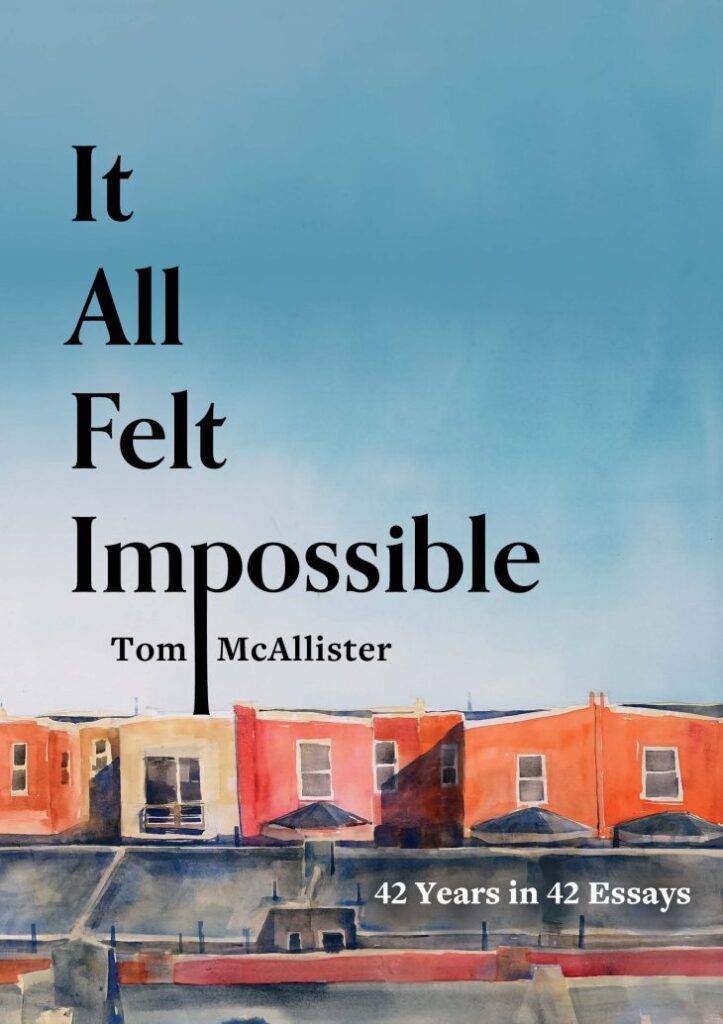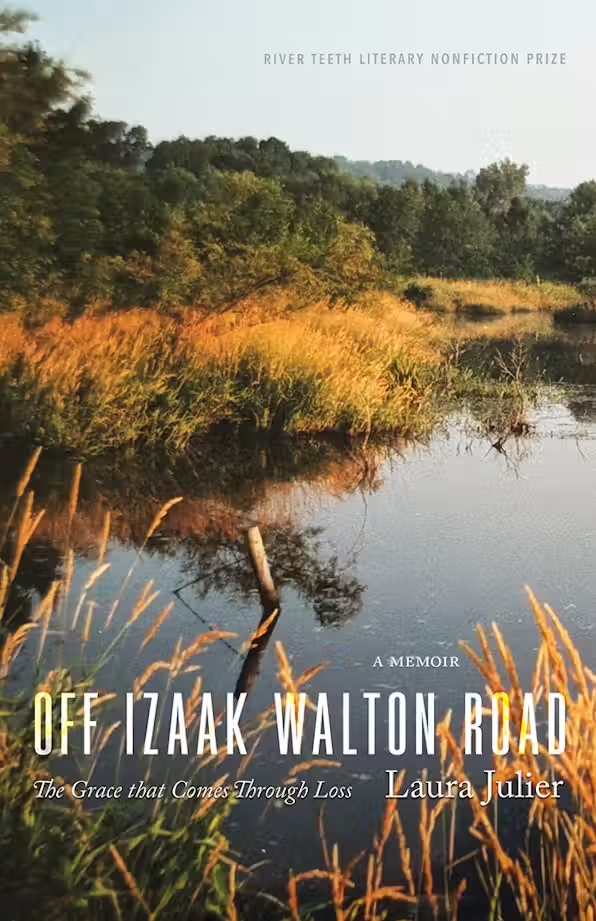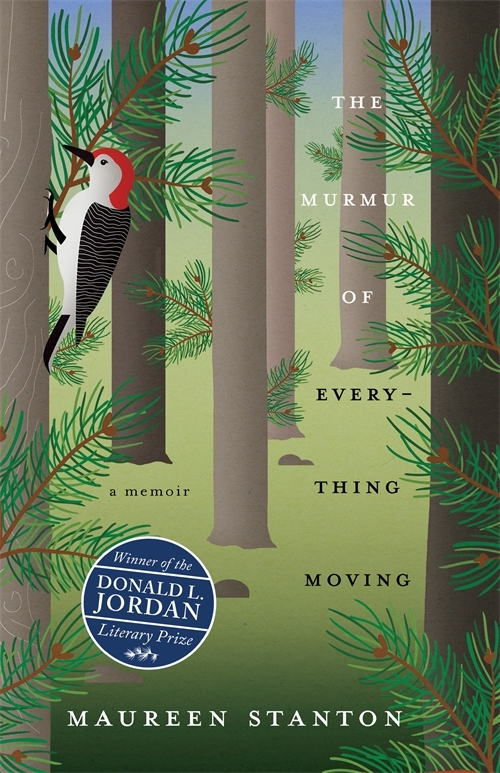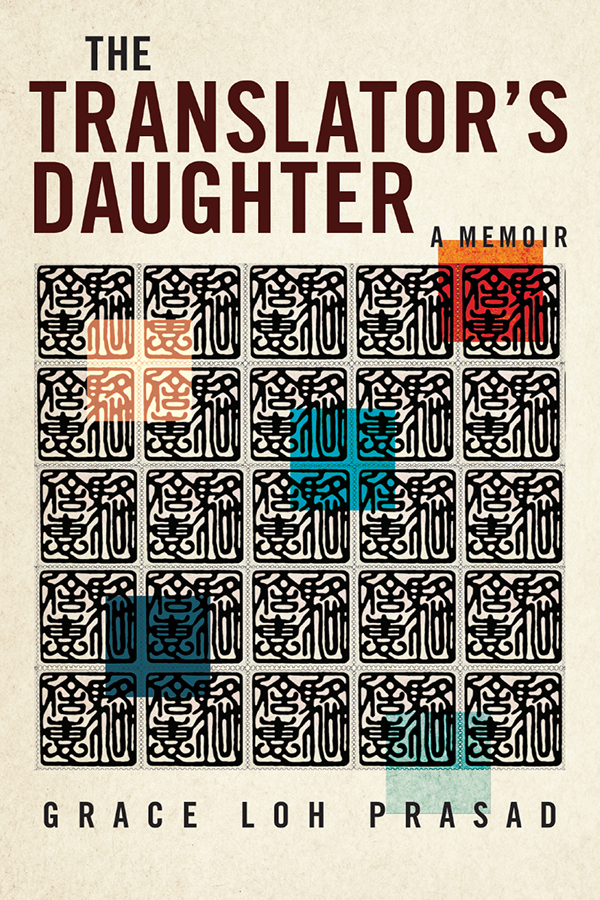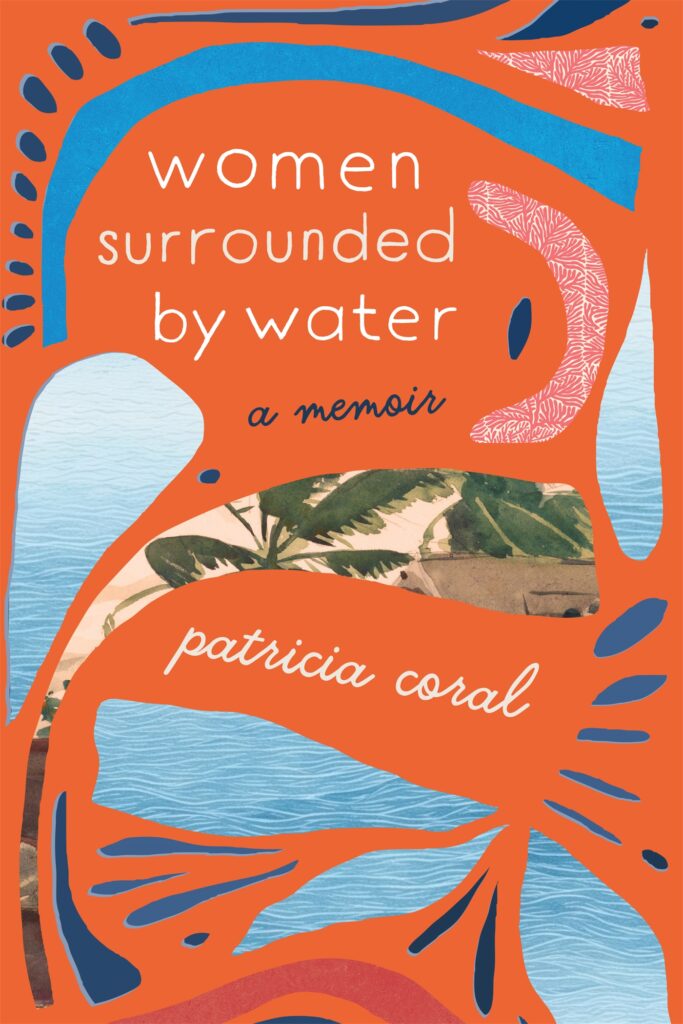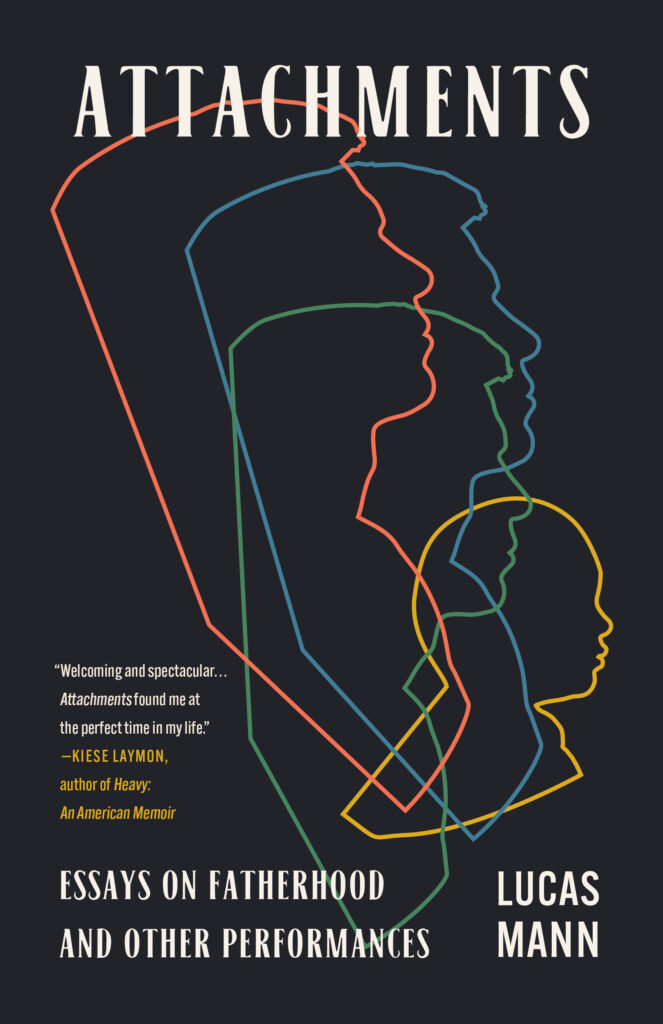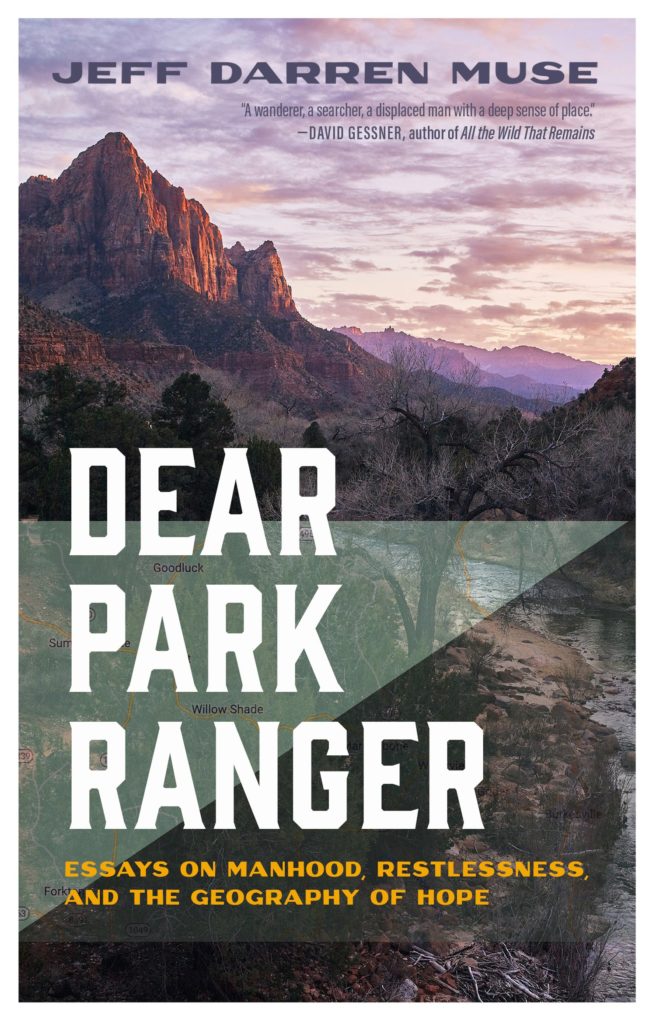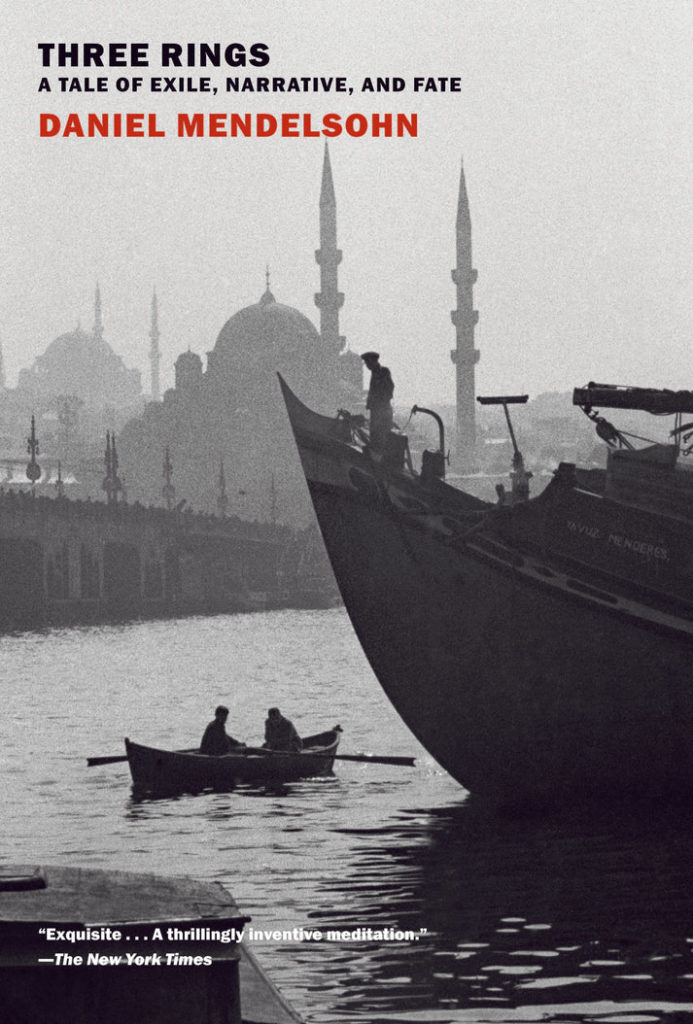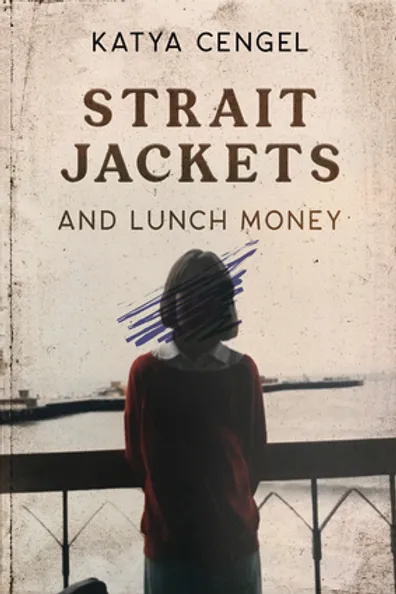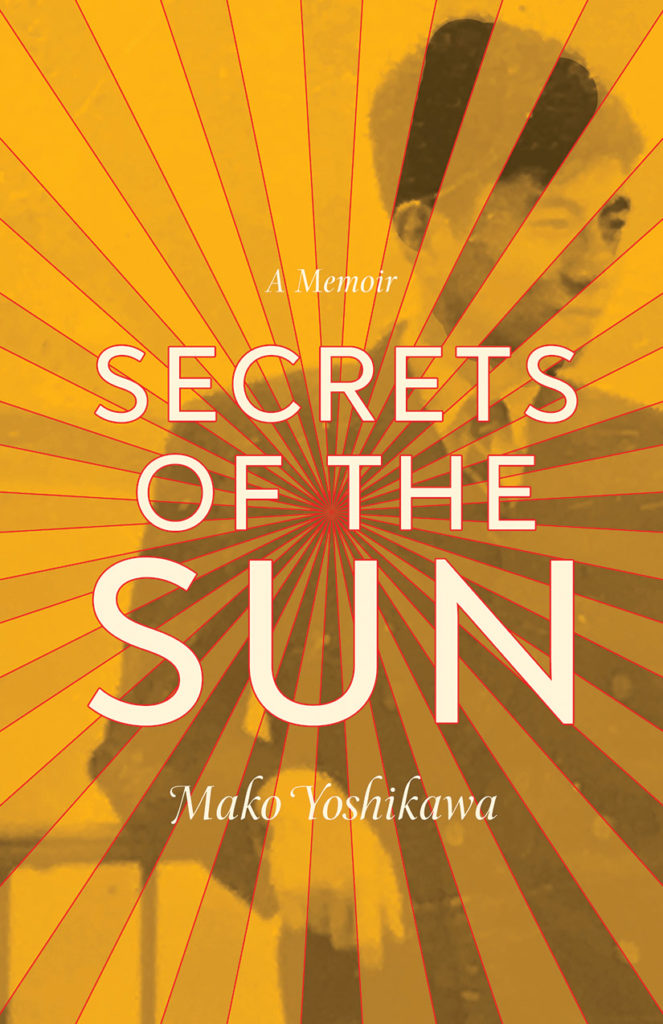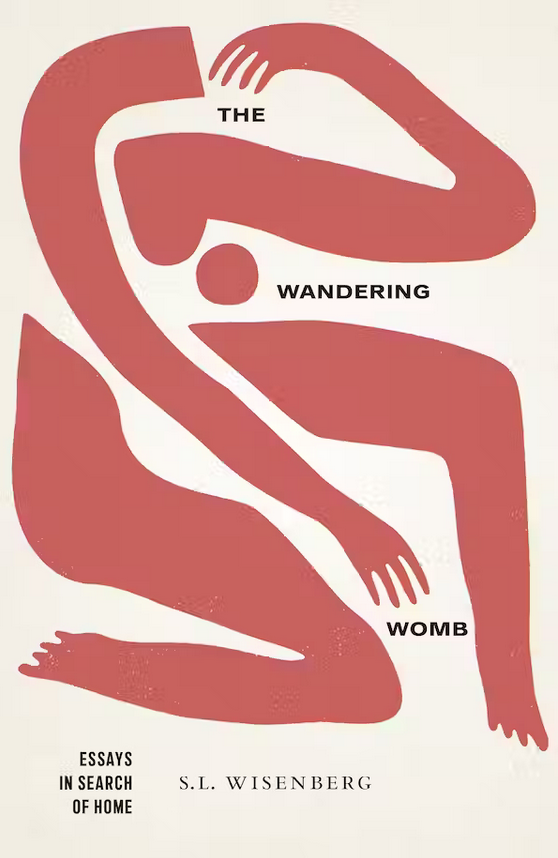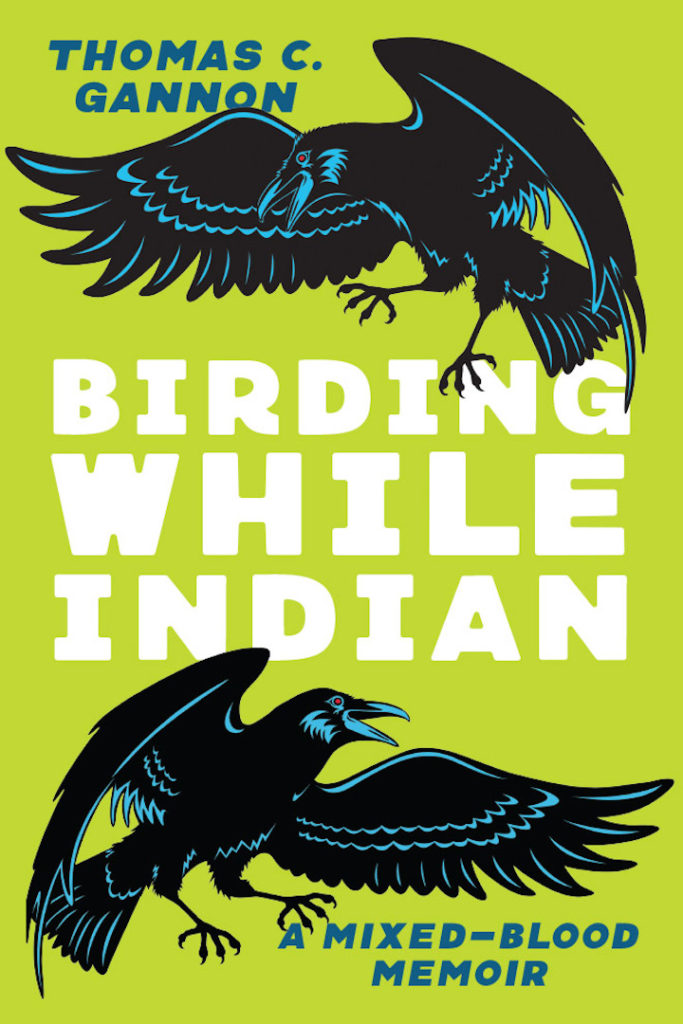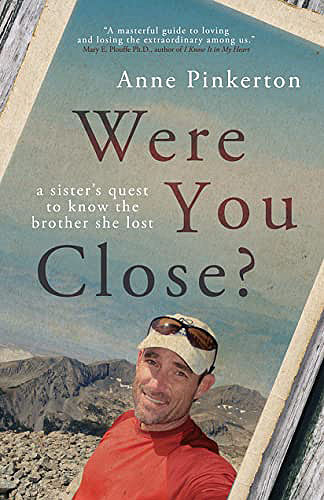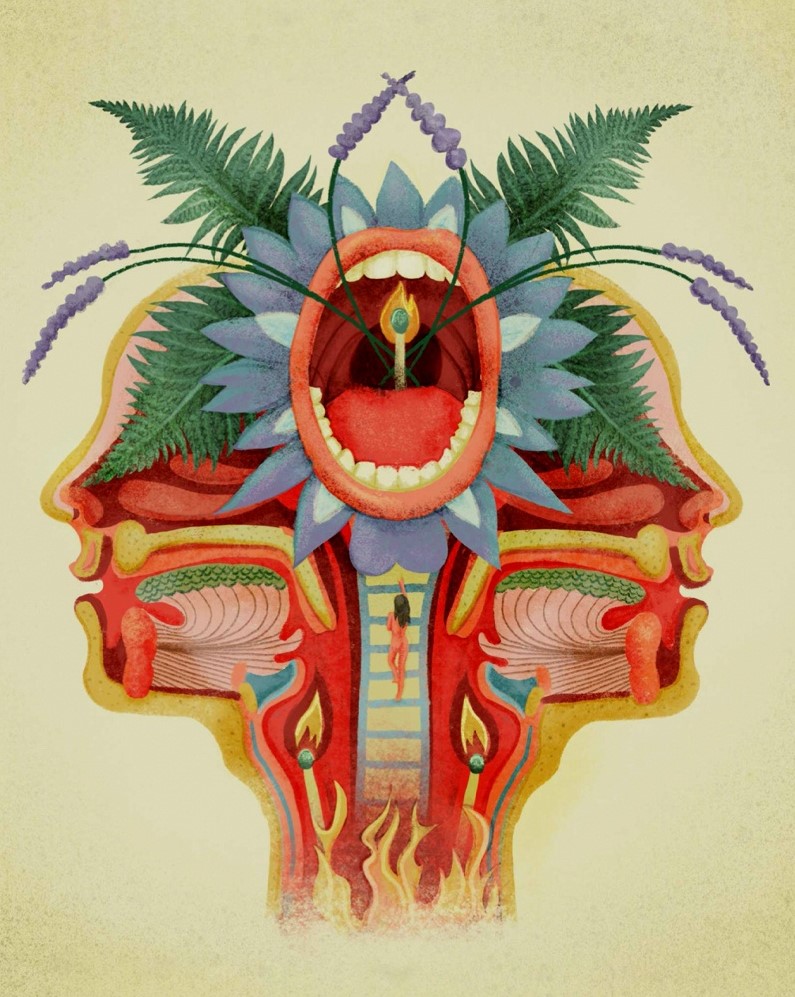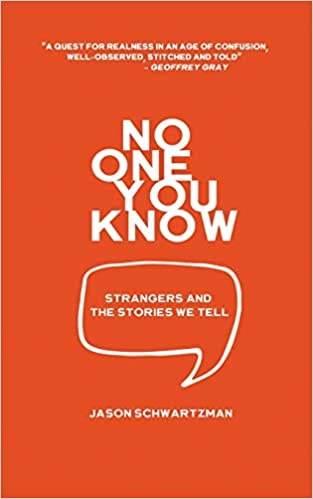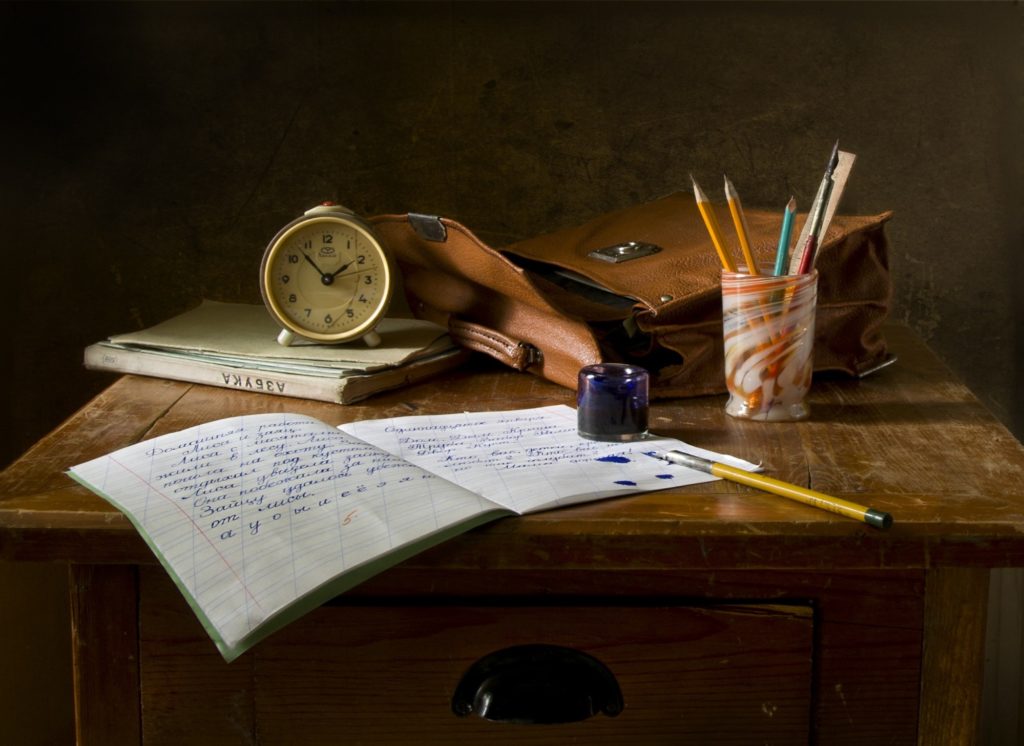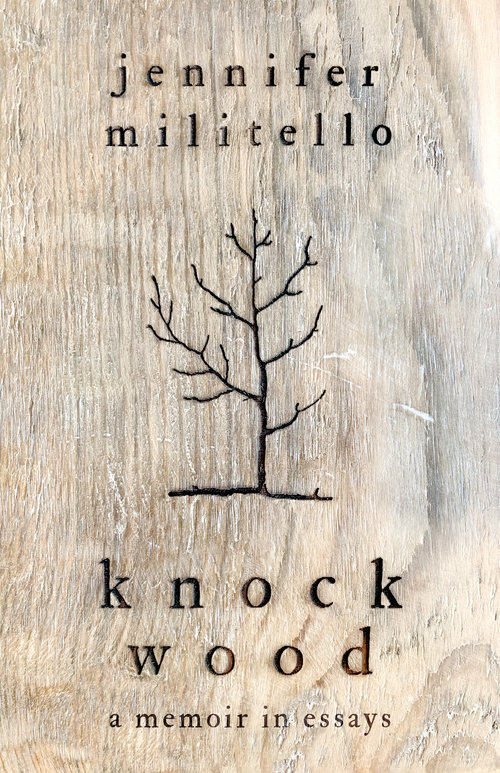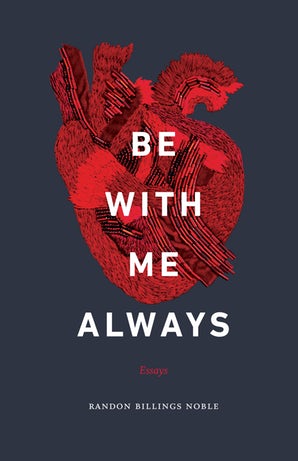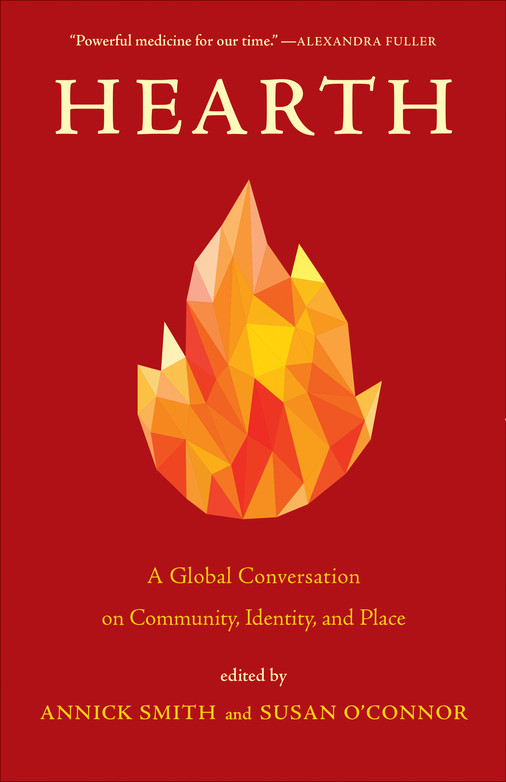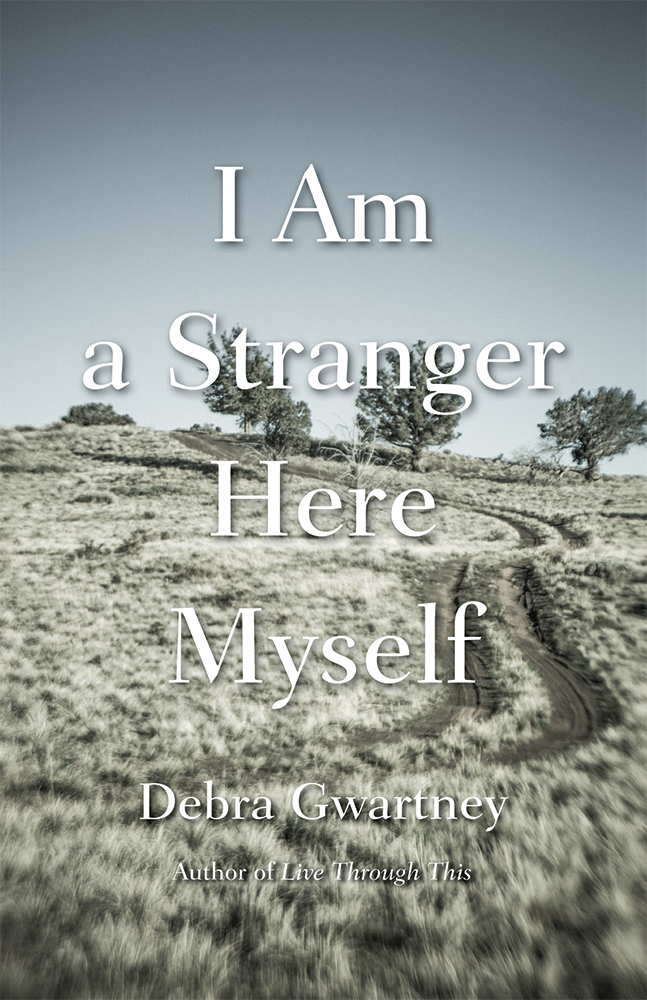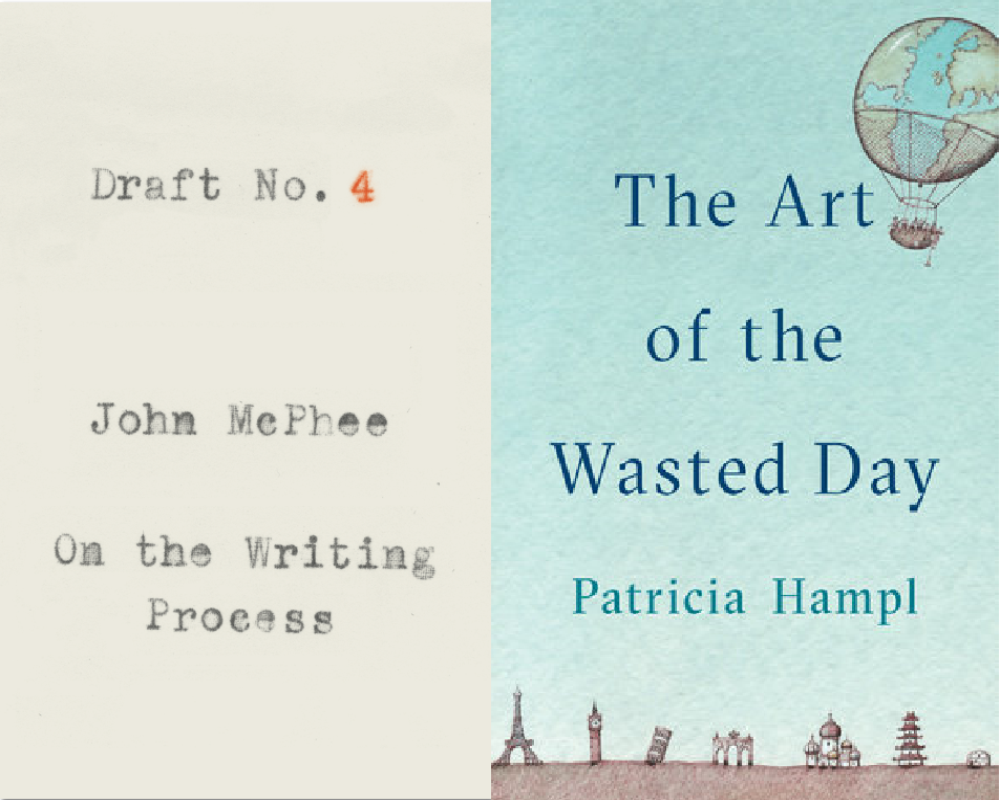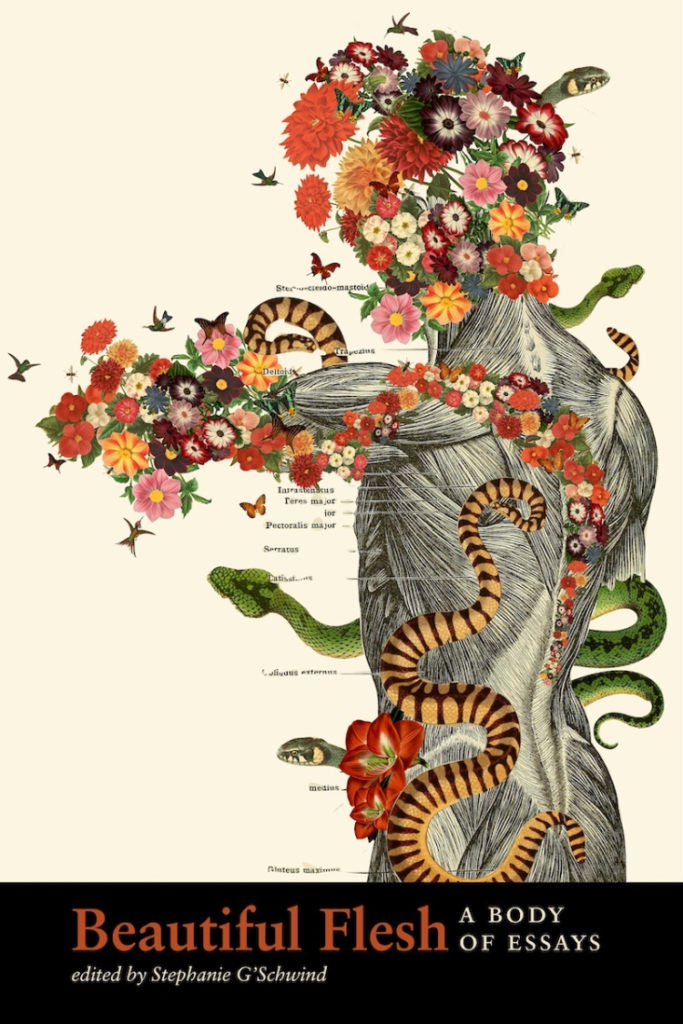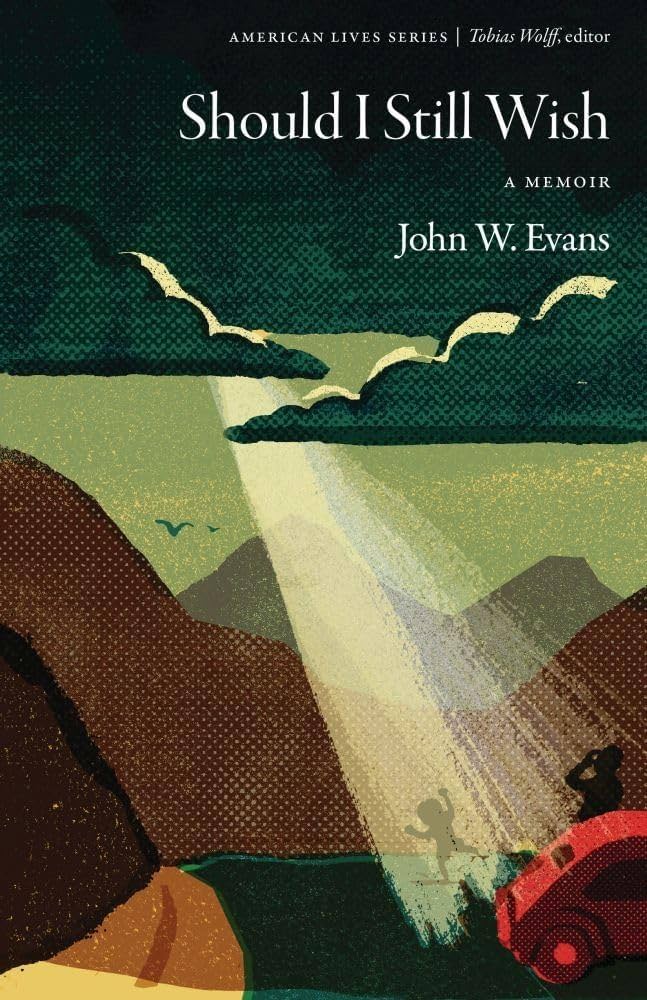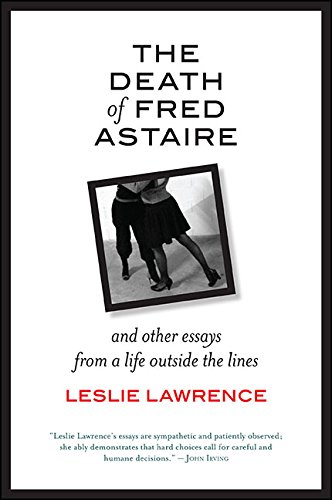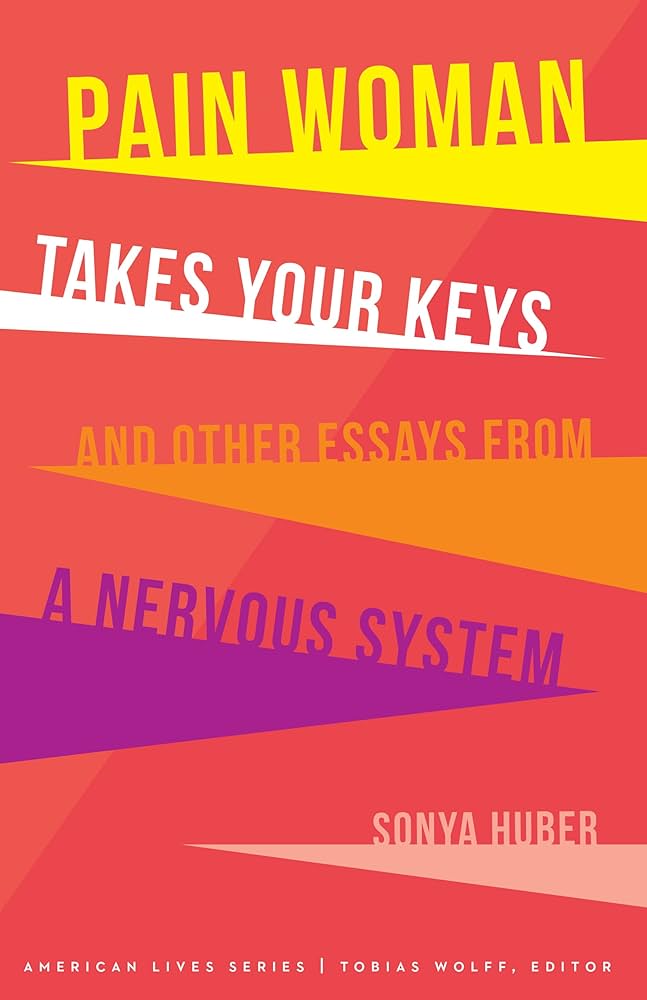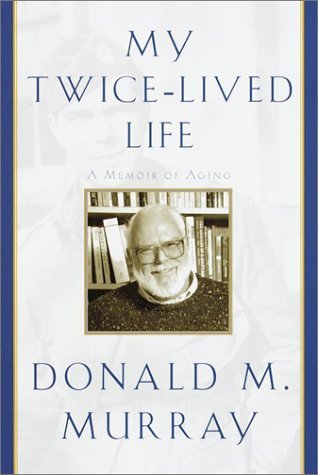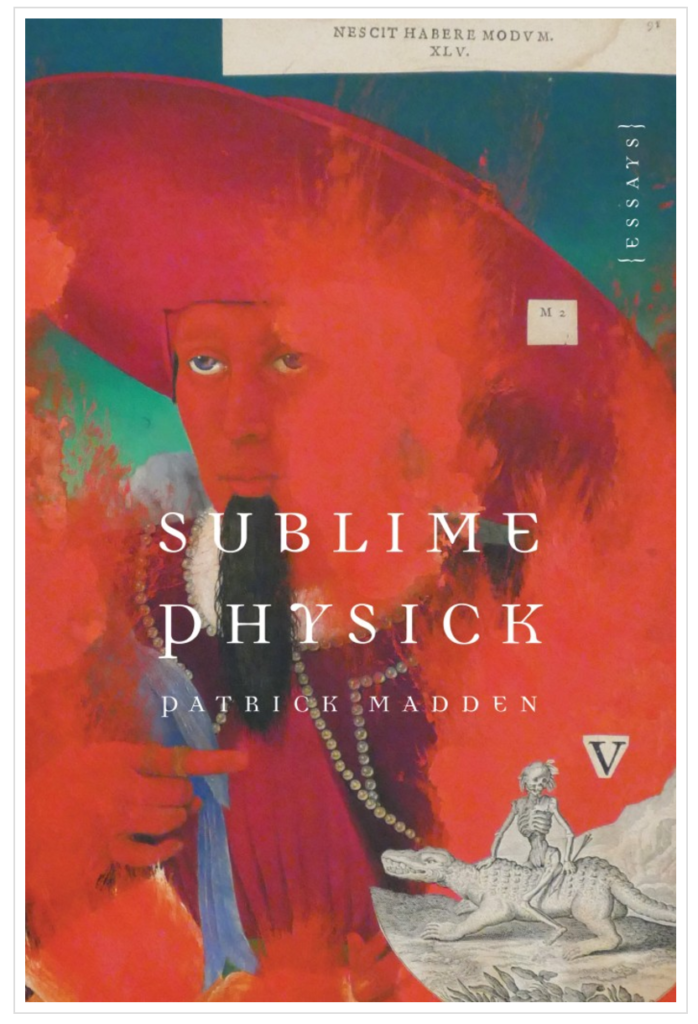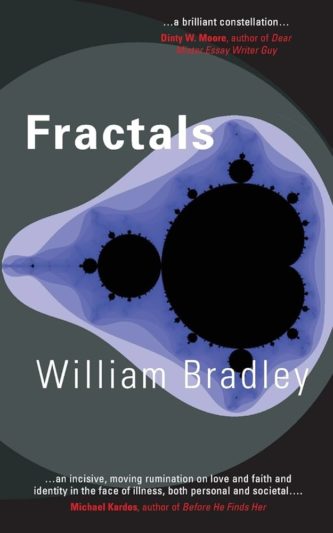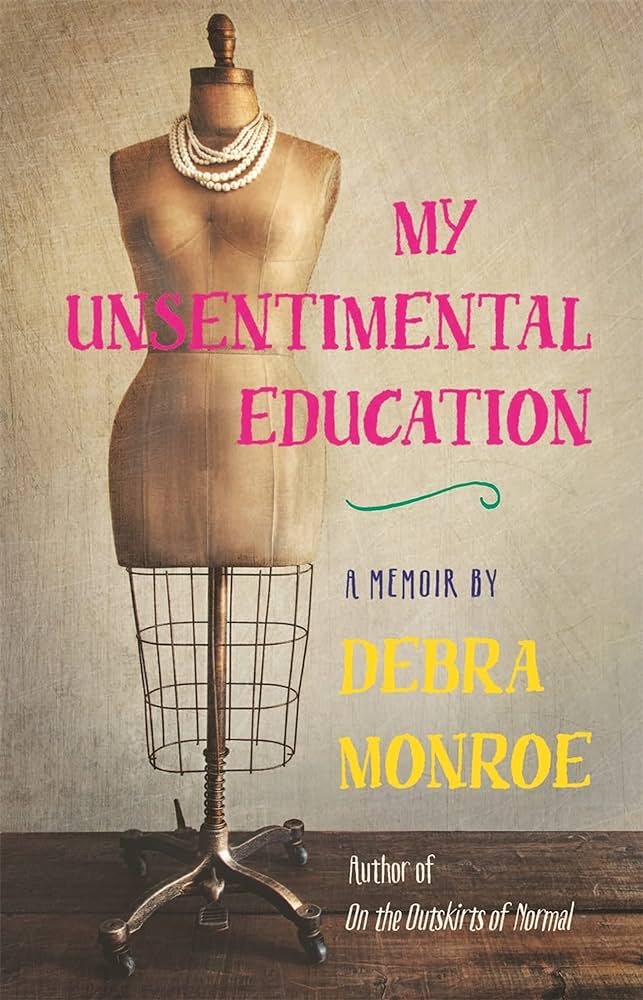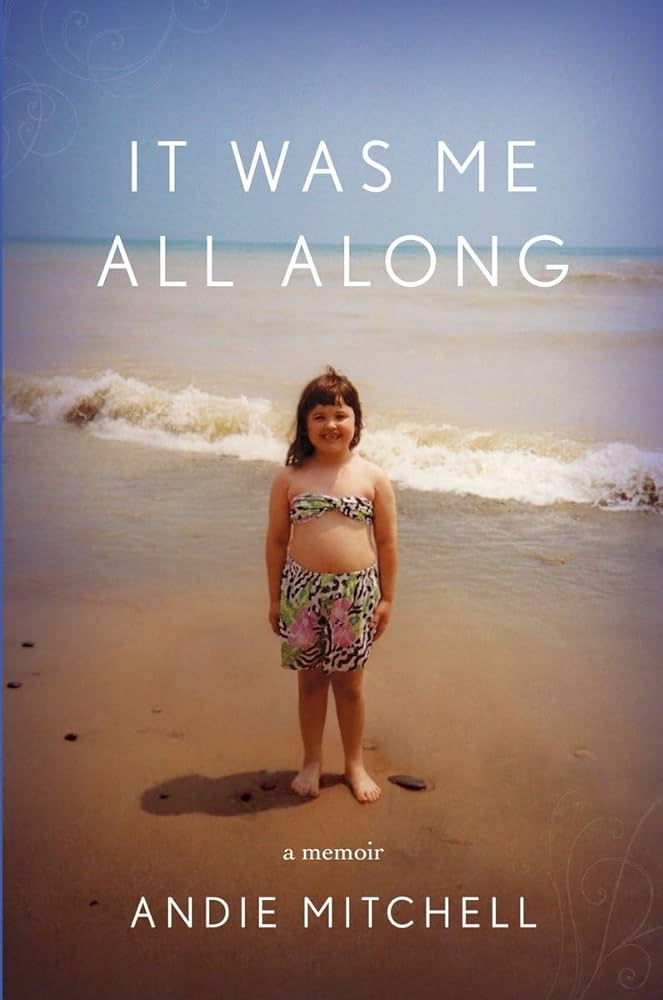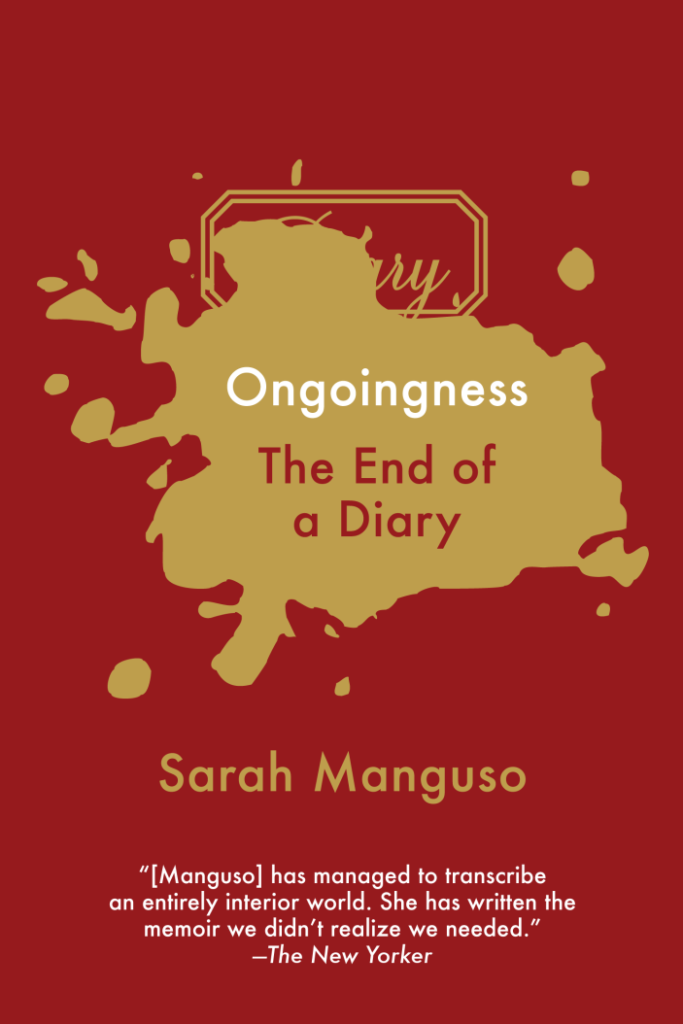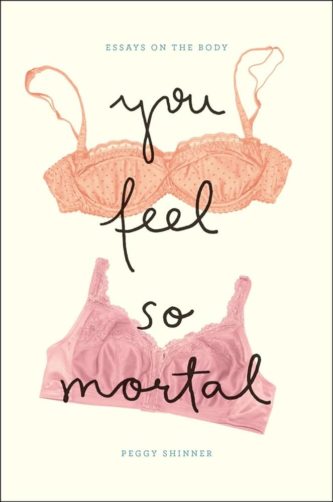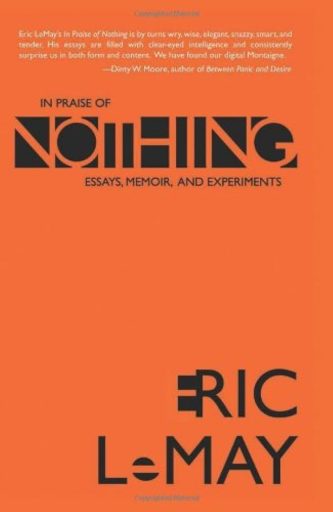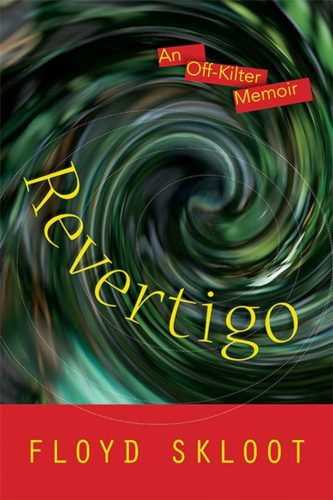By Mark Neely
on A Fish Growing Lungs: Essays by Alysia Li Ying Sawchyn
At the heart of Alysia Li Ying Sawchyn’s impressive debut is the moment when, after being found by her mother in a state of distress, she winds up, at eighteen, in a locked hospital ward and is diagnosed with bipolar disorder. As the reality of the doctor’s pronouncement sinks in, Sawchyn begins to consider what it means for her future:
Unhinging from my body—manifested in a mood that swung down then back up, hanging, mid-air, like Wile E. Coyote just before he realizes he’s gone off a cliff—was part of my body, my biology, and something to endure or manage with a lifetime of medication and behavior modification and therapy.
In the case of mental illness, a diagnosis is often a life sentence, and throughout this collection of twelve linked essays, Sawchyn considers the profound effects of being deemed “ill” in a highly normative culture. Her story is complicated by the fact that, seven years after that first hospital visit, she weans herself off her psych meds and confirms what she suspected all along—that she was misdiagnosed, a remarkably common mistake in the highly subjective field of mental health care. “When withdrawal ended,” she tells us, “I remained myself, both feet mostly on solid earth, having gained silent passage back into the kingdom of the well.”
A Fish Growing Lungs brings to mind Susanna Kaysen’s classic memoir, Girl, Interrupted, where the author writes of her own misdiagnosis, and the nearly two years she spent in a mental institution. Both books highlight how certain behaviors—underage drinking, drugs, multiple sex partners—are much more likely to be deemed “abnormal” when the offender is a young woman. “The easiest explanation for a girl like me, wild wild wild, was illness,” Sawchyn tells us, pointing out how our culture punishes girls for unbecoming behavior, and “dictates . . . that mad women be locked away.” Part of the danger of such a diagnosis is that it immediately makes the patient an unreliable narrator, unable to advocate for herself. “Once considered of unsound mind,” Sawchyn says, “all protestations to the contrary are further evidence of delusion.”
Though her former doctors may have questioned her trustworthiness, Sawchyn’s readers should have no such concerns. She is a highly likeable, piercingly honest narrator of her own story, unafraid to shine light on her worst moments, or to celebrate her best. One of the collection’s most memorable essays, “Notes from the Cliff Face,” weaves together Sawchyn’s experience hiking up a mountain in Shenandoah National Park (for which she is ill-prepared), with her story of addiction and recovery. The cliffs here are both beautiful and dangerous, featuring “the kind of sucker-punch scenery on which this country was founded,” and serve as an apt backdrop for Sawchyn’s mediations on the years she spent “toeing the line between interesting and ruinous.”
In lesser hands, this mountain-as-metaphor strategy might seem forced, but here the forward momentum of the climb provides a stark contrast with the stagnancy of the addict. When the essay digresses into vivid descriptions of how cocaine looked, smelled, and tasted in different parts of the country, we see that where another person might note the variations in culture or geography, for Sawchyn’s younger self, everything beyond the drug itself has become nearly irrelevant. She writes convincingly about the bitter resilience of the addict, about hitting rock bottom then finding the obscene drive to go even lower. “Sometimes, what looks like a bottom drops out,” she says, “and a person finds herself crawling along cool white tiles with bloodstains in the grout toward more.” She finally reaches the mountain’s summit, but knows that in recovery there is no such apex, only “a slow and uninteresting process that’s consisted of abstinence, critical self-reflection, begrudging acceptance, and restraint.” It is a testament to her writing that she manages to make the tedious process of recovery as interesting as the coke binges and other assorted dramas of her youth.
A Fish Growing Lungs contains harrowing and thoughtful essays about love and sex, writing and healing, nonsuicidal self-injury, and Sawchyn’s sometimes difficult relationship with her family. One thing that ties the collection together, in regard to her family, is the idea of displacement. The daughter of a Chinese-Malaysian mother and Ukrainian father, Sawchyn tells us that since her parents are the only interracial couple on either side of the family, her relatives never quite embrace her as they might another niece or cousin or granddaughter. “I have always felt out of place where I believed I should belong,” she says, a feeling she can never quite shake.
Sawchyn’s relationship with her parents is further complicated by the fact that “family history” is a strong indicator for both mental illness and substance abuse, and she finds herself combing through photographs, “trying to trace [her] wounds back to a single point of origin.” At one point, she asks a therapist, half-jokingly, if she can blame all her troubles on her parents. The therapist points out that even if she could, it wouldn’t be helpful: “You still have to fix it.”
The narrator’s parents and relatives are just a few of the cast of characters who populate the collection, and Sawchyn has a wonderful knack for describing the people around her. Of her Ukrainian grandmother, she writes, “She reminded me of a Midwestern spring—surprisingly gentle and then cold and storming.” Elsewhere, she describes a friend as “the only one of us who can actually execute a dance move.” The narrator watches as the woman “dips . . . bends, smiles contentedly at her own movements like a cat curled in a patch of warm laundry.” These characters—boyfriends, relatives, therapists, recovering addicts, loyal friends—are not simply here as background scenery. Sawchyn understands that our personalities cannot be disentangled from our cultural and social networks and can never be examined strictly on their own. And she believes that “it is through our relationships with others that we best come to know ourselves.”
Some of the essays here experiment with invented or unusual forms—“Wellness Index” is an abecedarian that carries us from Alice’s Adventures in Wonderland to ziprasidone while “Withdrawal” takes the form of a psychiatrist’s notes (with occasional and often sarcastic asides from the author). These offer a more distanced (and possibly more objective) view of the narrator, but I prefer when Sawchyn speaks more directly. Her voice is intimate, candid, witty, brainy, and utterly compelling, and I think most readers will want to hear as much of it as she can offer.
The book begins with an epigraph from Joan Didion, who says that “we are well-advised to keep on nodding terms with the people we once were, whether we find them attractive company or not.” At times Sawchyn resists this notion, expressing reservations about examining our former selves too deeply. After returning to college after a stint in rehab, she encounters a classmate who says addiction stories are “expected” and “overdone,” and finds herself nodding in enthusiastic agreement. “What I lacked in self-confidence, I made up for with the earnest desire to pretend like the person I was never existed.”
But in the end, Sawchyn acknowledges the power of remembering (and recording) the past. She argues that self-examination is important, but so are moments of letting go. Where she once turned to drugs for this kind of mental oblivion, she now flails around the dancefloor, or holds a demanding yoga pose on the sidewalk alongside a busy street.
Her pursuit of these two complimentary states have served Sawchyn well as a writer, and her vivid descriptions, perfectly rendered characters, deep intelligence, and hard-won wisdom make it clear that this collection is our introduction to an important new voice in contemporary nonfiction. Addicts, she says, “must tell ourselves our addiction will not swallow us. We must tell many smaller lies in service of this larger one.” It is a great boon to readers that in A Fish Growing Lungs, Alysia Li Ying Sawchyn has chosen instead to tell the truth.
A Fish Growing Lungs: Essays by Alysia Li Ying Sawchyn
Burrow Press
$16.95 Paperback | Buy Now
Mark Neely is the author of Beasts of the Hill, and Dirty Bomb, both from Oberlin College Press. His third book, Ticker, won the Idaho Prize for Poetry and is forthcoming from Lost Horse Press. He is a professor of English at Ball State University and a senior editor at River Teeth.


